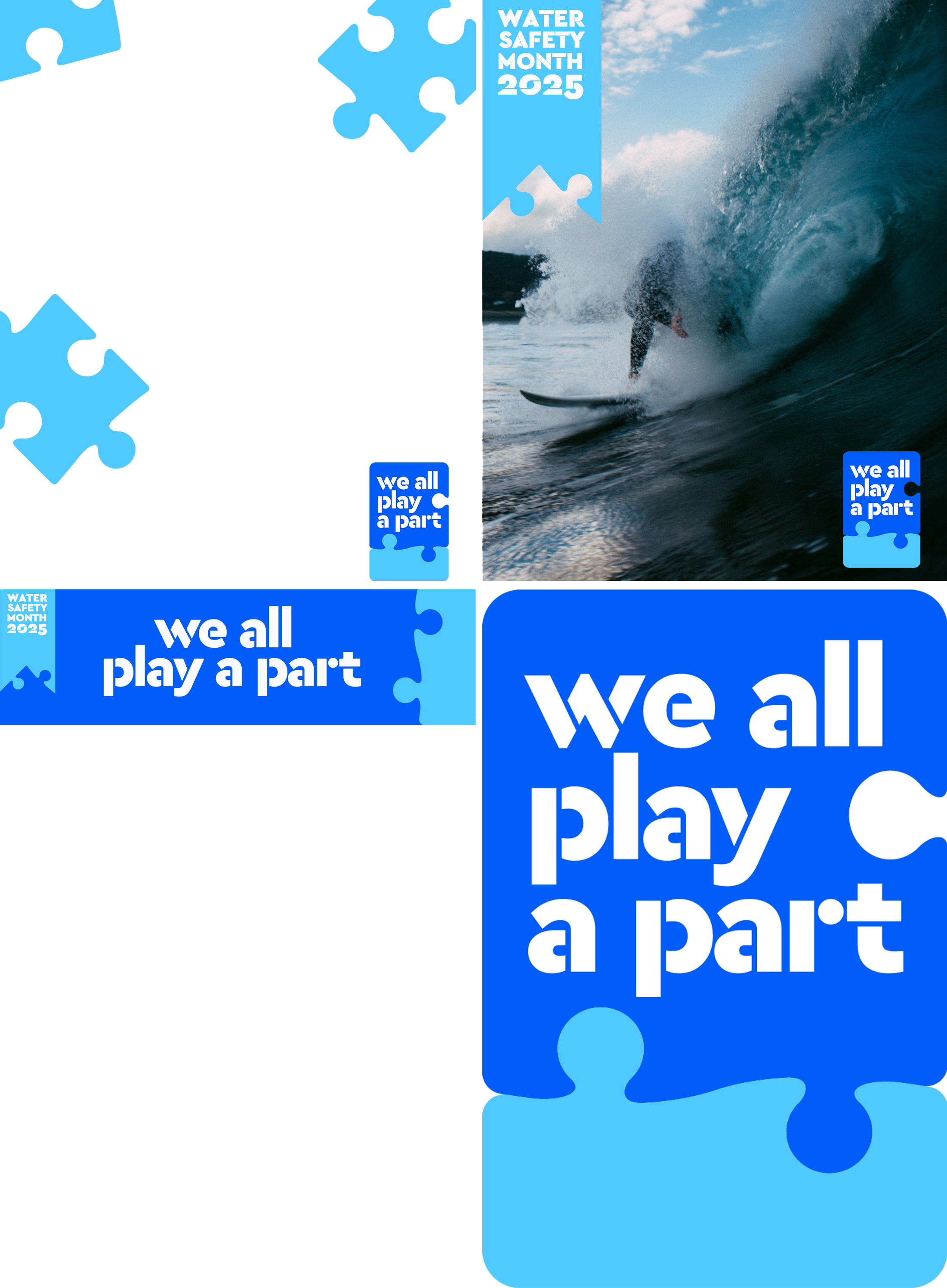Whether you’re into fishing, sailing, diving, cruising or just having fun, boating safety awareness is essential.
Many boating tragedies are often caused by an error in judgement relating to equipment, the weather, or behaviour. Make sure you keep out of trouble by knowing the environment, having the right equipment on board and always acting responsibly.
A total of 20 people lost their life in craft-related incidents in 2024; 90% of the victims were not wearing lifejackets.
Risk factors
- Lifejackets: Unfortunately, most victims of craft-related drownings could have survived if they had simply been wearing a lifejacket.
- Changeable conditions: Sea and weather conditions can change very quickly.
- Having equipment or a craft that is not seaworthy.
- Inexperience and over-confidence.
- Alcohol and other drugs: Alcohol and other drugs impair judgement and reaction time.
Staying safe - the Boating Safety Code
- Lifejackets: Boats, especially ones under six metres in length, can sink very quickly. Wearing a lifejacket increases your survival time in the water.
- Check your gear: Make sure all the gear on your boat is in good working order. Ensure flares and fire extinguishers are not out-of-date.
- Communications: Take two separate waterproof ways of communicating so we can help you if you get into difficulties.
- Marine weather: New Zealand’s weather can be highly unpredictable. Check the local marine weather forecast before you go and expect both weather and sea state changes.
- Avoid alcohol: Safe boating and alcohol do not mix. Things can change quickly on the water. You need to stay alert and aware.
- Know how to call for help. In an emergency, dial 111 and ask for Police. If you’re using a VHF radio, use Channel 16, the international maritime distress channel, or your local VHF Channel and issue a Mayday call.
- Skipper responsibility: The skipper is responsible for the safety or everyone on board and for the safe operation of the boat. Stay within the limits of your vessel and your experience.
-9%20copy.jpg)
VHF radio - your rescue network at sea
Carry at least two waterproof ways to call for help - VHF radios and distress beacons are great options. Learn more: http://www.maritimenz.govt.nz/vhf.
Safe boating courses
Even though no licence is required to operate a pleasure boat in New Zealand, ignorance of any Maritime Rules or Bylaws is not accepted as an excuse. Failure to comply can lead to fines or prosecution.
Coastguard provides recreational boating courses. There are courses for all levels of knowledge and ability, including the Day Skipper course, which should be completed by anyone in charge of a boat. Visit the Coastguard Boating Education site for more information

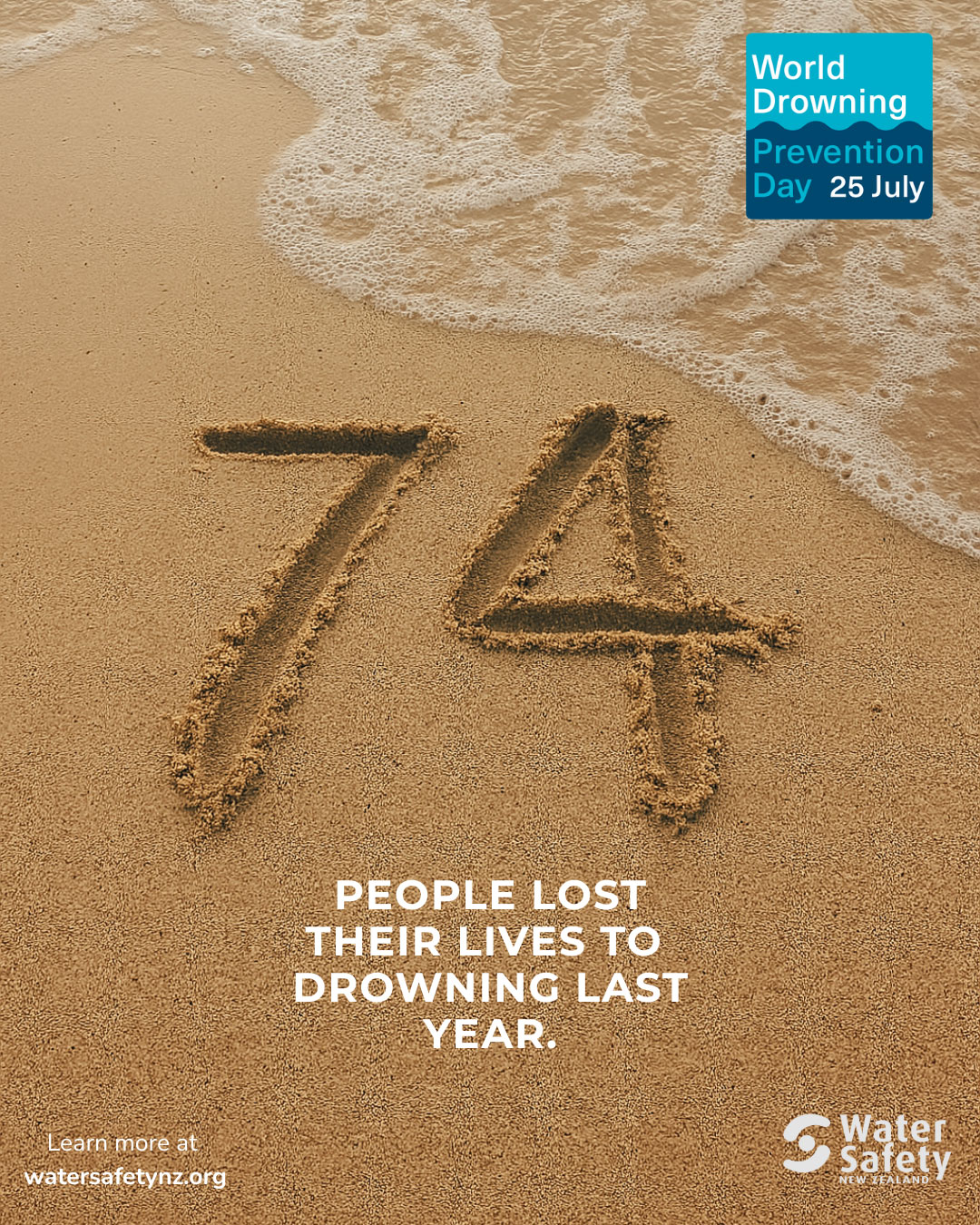
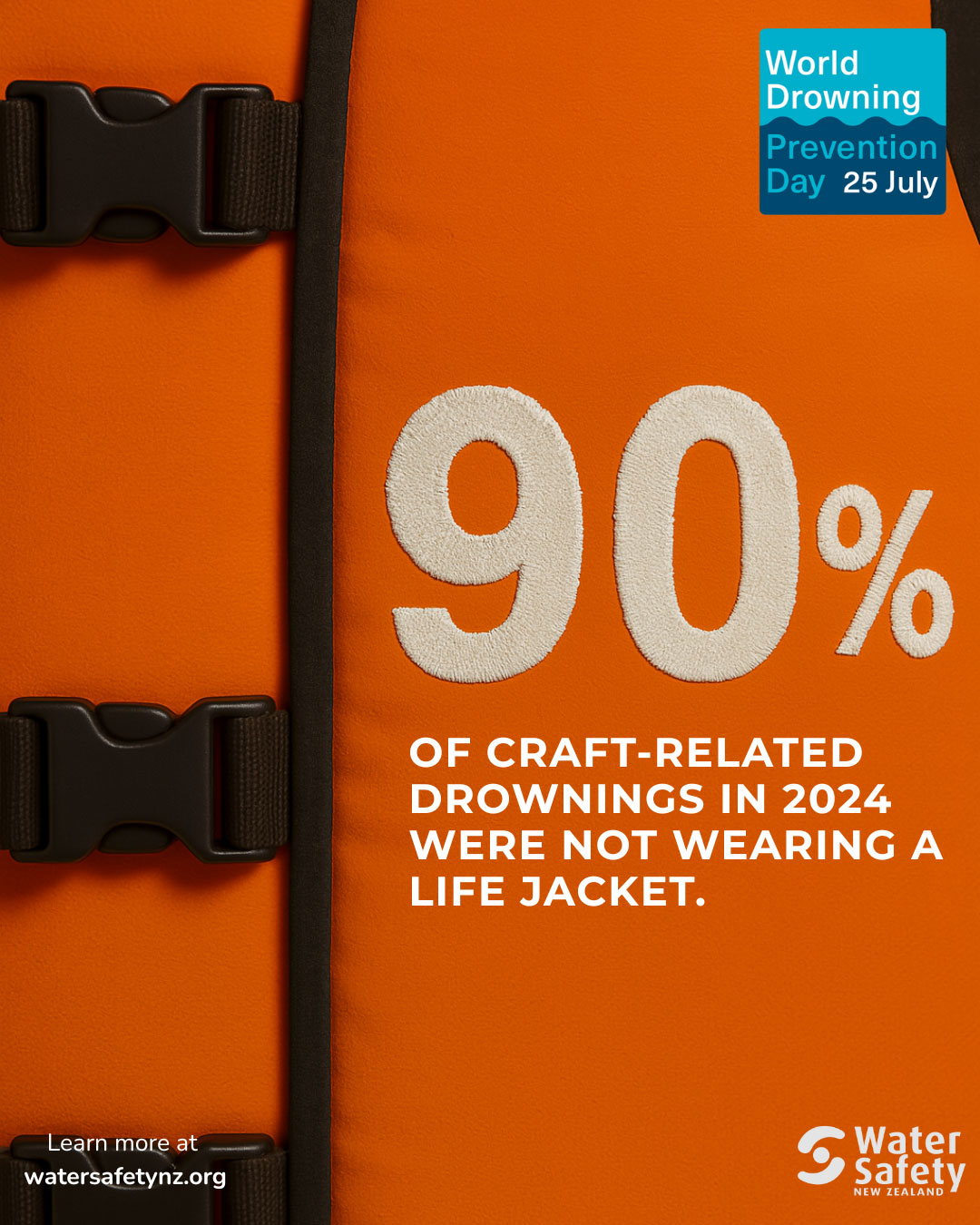
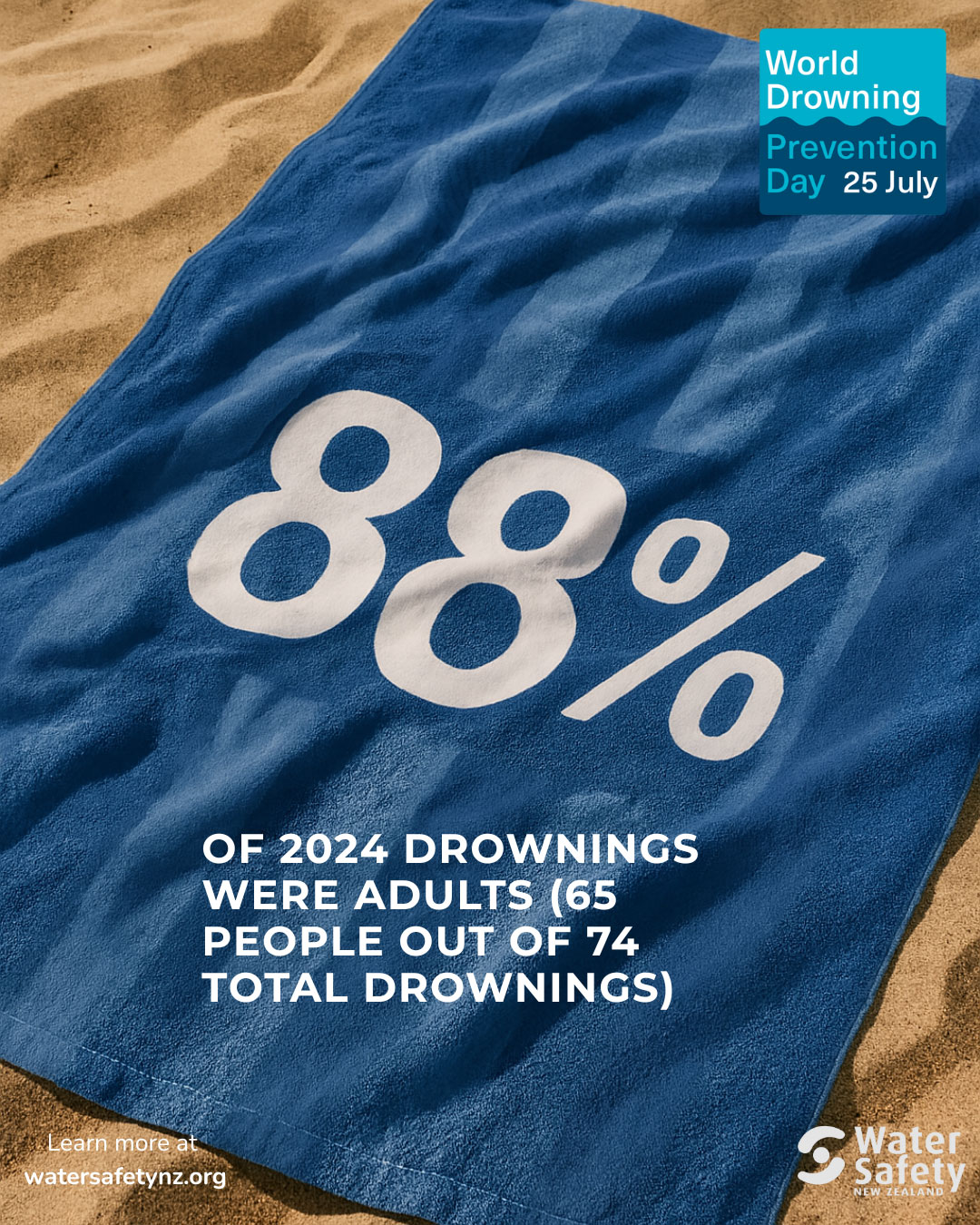
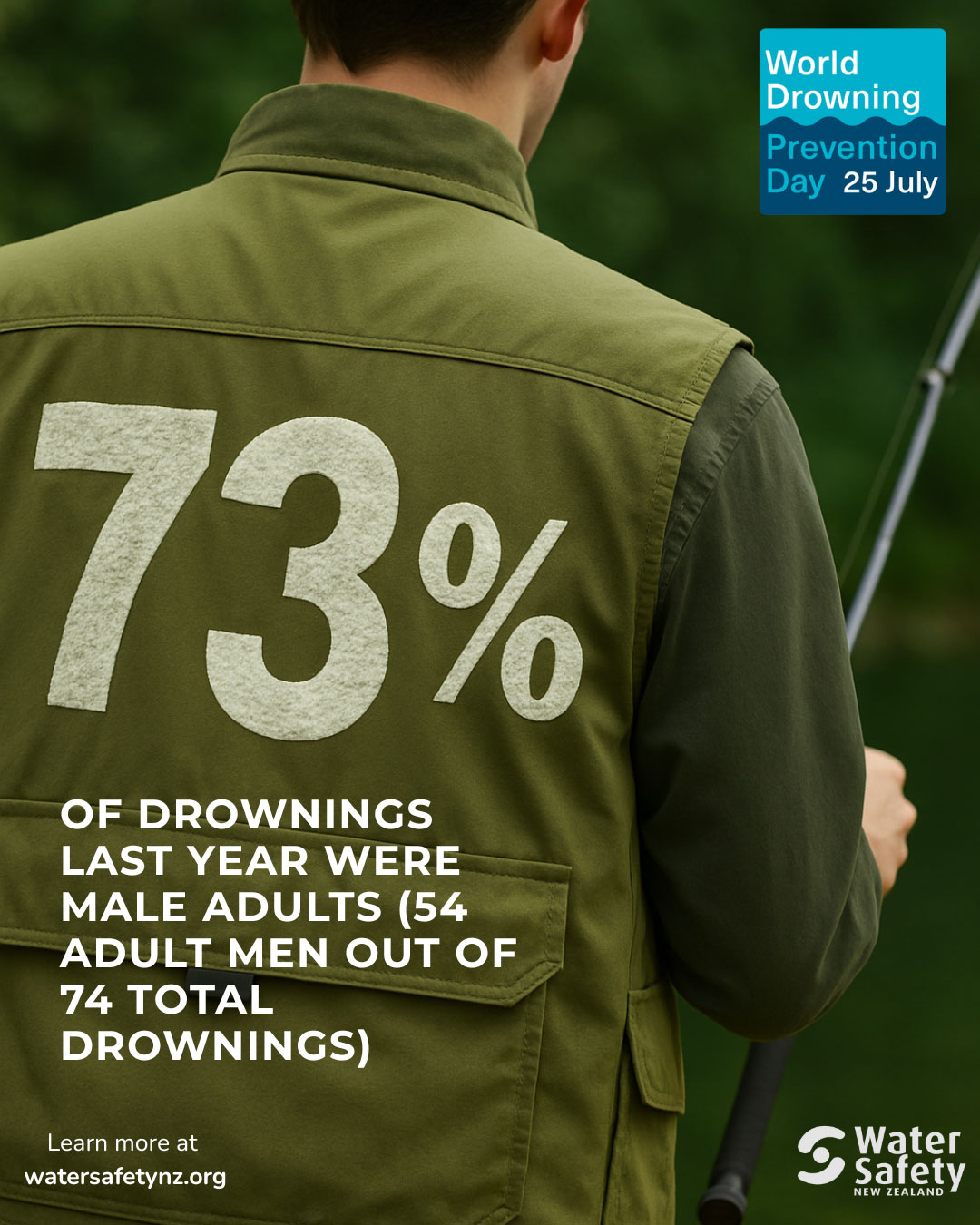

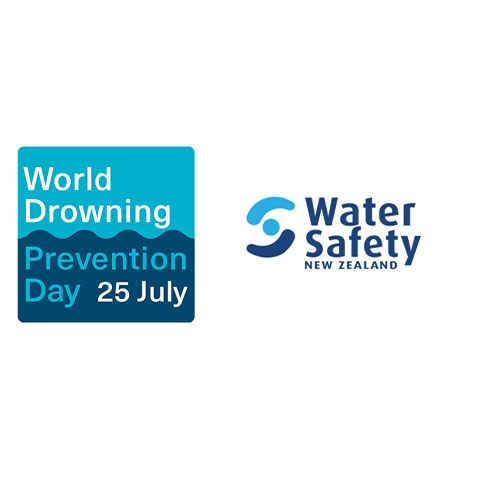
.jpg)
